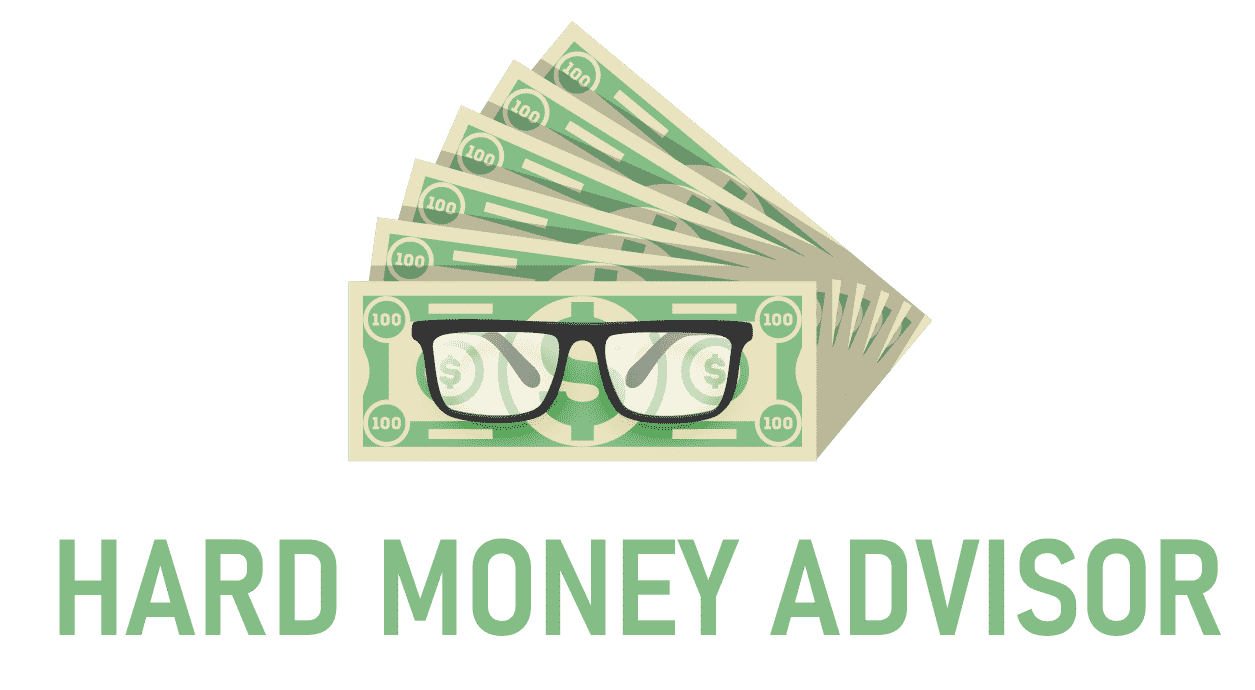Hard Money FAQ
What is a Hard Money Loan?
A hard money loan is a type of loan that is secured by real property. Hard money loans are often considered “bad” loans but they can be a valuable investing tool. These loans are primarily used in real estate transactions to purchase or finance renovations. They’re also commonly financed by individuals or companies rather than banks.
Highlights:
- Hard money loans are typically used for the purchase and renovstion of real estate transactions
- Hard money loans are excellent for “fast cash” but typically come at higher cost
- Hard money loans can be completed very quickly, sometimes in as little as 7-10 days
- Terms are often more flexible and more favorable for the lender. On the flip side, they typicaslly require significantly less documentation than traditional financing
How Do Hard Money Loans Work?
Hard money loans are based more on the profit potential of the property in question versus on the creditworthiness of the borrower. They are seen as riskier loans, thus the higher costs. Hard money loans are often secured by real estate investors looking to fix and flip properties. They are typically completed in under 12 months and paid as interest only payments throughout the course of the loan.
What are the Pros and Cons of a Hard Money Loan?
Pros
- Quick turnaround. Hard money loans can often close in less than 7-14 days
- Less documentation and credit requirements
- Terms can be more flexible related to interest rates, payback terms and origination fees
- Typically no pre-payment penalties
Cons
- Loan to value ratios (LTV) can often be higher – in the 60-70% range. However, experienced investors can often secure LTVs as high as 80-90%.
- Hard money loan rates rnage from 5% to 15%+, depending. on multiple factors
- High origination fees in the 1-4% range
Are Hard Money Loans a Good Idea?
Hard money loans are the best fit for experienced real estate investors who have a solid plan in place and need funding quickly. They can have much higher costs than a traditional loan, but can be well worth the costs to be able to close on a deal with returns as high as 50%.
Having the swiftness of a hard money loan in your wallet can be the difference between securing a deal and losing it to another investor. As long as you consider all the associated costs and have a well thought out plan in place for your property, there’s no reason to avoid hard money loans. They can be a great option for fix and flip projects.
How Do I Approach a Hard Money Lender?
This is a great question. Luckily, we’ve written an entire on article about how to approach a hard money lender. Check it out!
